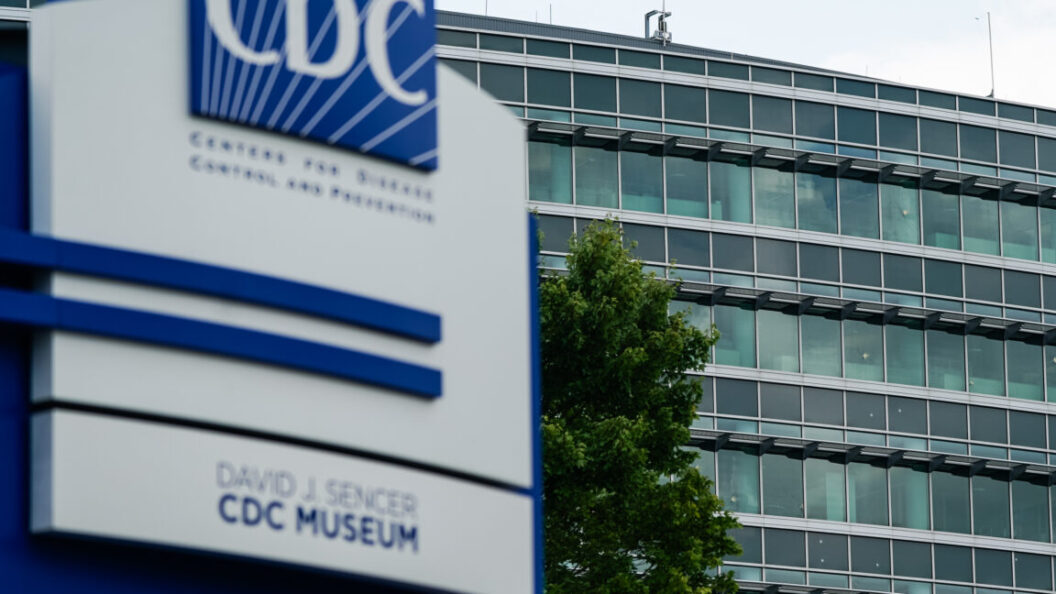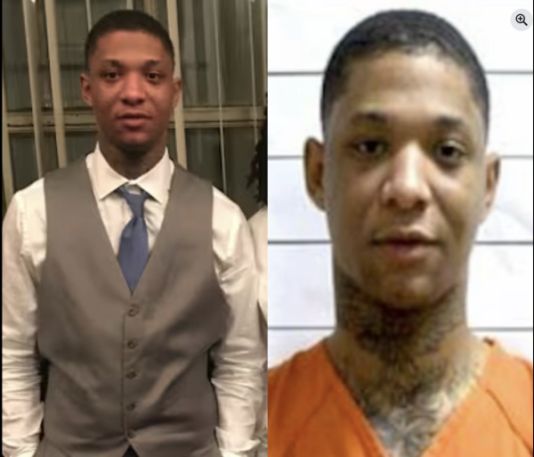CDC Shooting: A Tragedy Linked to Misinformation
On August 10, 2025, the Centers for Disease Control and Prevention (CDC) experienced a tragic shooting incident that raises significant concerns about the impact of disinformation regarding COVID-19 vaccines. This event, which resulted in the death of a police officer, underscores the consequences of unchecked false narratives in public discourse.
The Incident: An Alarming Attack
The violence unfolded at the CDC’s headquarters when an assailant opened fire, targeting staff members during a routine workday. Officer David Rose, 33, a member of the DeKalb County Police Department, sustained injuries in the incident and later succumbed at the hospital. A dedicated father of two with a third child on the way, Rose’s death has affected both the local community and the CDC’s workforce.
In an alarming revelation, it was reported that the daycare facility on CDC’s campus was caring for 92 children at the time of the attack, exacerbating the fear experienced by the staff and their families. Following the incident, employees expressed feelings of vulnerability, describing the situation as feeling like "sitting ducks" during the chaos.
Disinformation and Its Consequences
Central to the narrative surrounding the shooting are the comments made by Robert F. Kennedy Jr., a prominent figure known for spreading misinformation about vaccines. His claims have significantly contributed to the public’s skepticism of vaccines. In the past, he has labeled COVID-19 vaccines as the "deadliest vaccine ever made," a statement widely discredited by experts. Recent interactions indicated that he has influenced individuals like the shooter, as evidenced by a testimony from a colleague who recalled the shooter repeatedly voicing his distrust of the vaccines.
The CDC held an emergency meeting the day after the event to address the psychological toll on its staff. Approximately 800 personnel participated in the video call, during which they posed difficult questions regarding the organization’s response and future strategies against disinformation. Newly appointed CDC Director Susan Monarez acknowledged the ongoing communication with Kennedy’s office but did not address the specifics regarding disinformation’s role in the tragedy.
Condemnation from Health Officials
In response to this tragic event, a union representing CDC employees issued a statement condemning the attack. They described it as part of a broader pattern of "mistreatment, neglect, and vilification" directed at public health officials. The union emphasized that such violence is alarming and noted that the shooter appeared to be motivated by disinformation concerning vaccines. They firmly labeled the shooting as an attack on public servants who work tirelessly for public health and safety.
A Broader Public Health Crisis
The incident not only highlights the personal tragedy for Officer Rose’s family but also raises significant implications for public health methodologies. Experts warn that misinformation can incite violence, foster division, and undermine critical public health initiatives. As disinformation about vaccines continues to circulate, the public health sector must navigate the precarious task of combating false narratives while safeguarding their personnel and maintaining trust within the communities they serve.
Conclusion: Reflecting on Public Trust
The CDC shooting serves as a stark reminder of the urgent need to address the spread of misinformation. As public health officials face increasing hostility—exacerbated by political agendas and false claims—the integrity of public health measures hangs in the balance. This tragedy not only demands reflection on the consequences of misleading information but also calls for a collective effort to restore trust in public health authorities. By tackling disinformation head-on, the potential for such violence may be diminished, ensuring that the focus can return to the mission of safeguarding public health.









